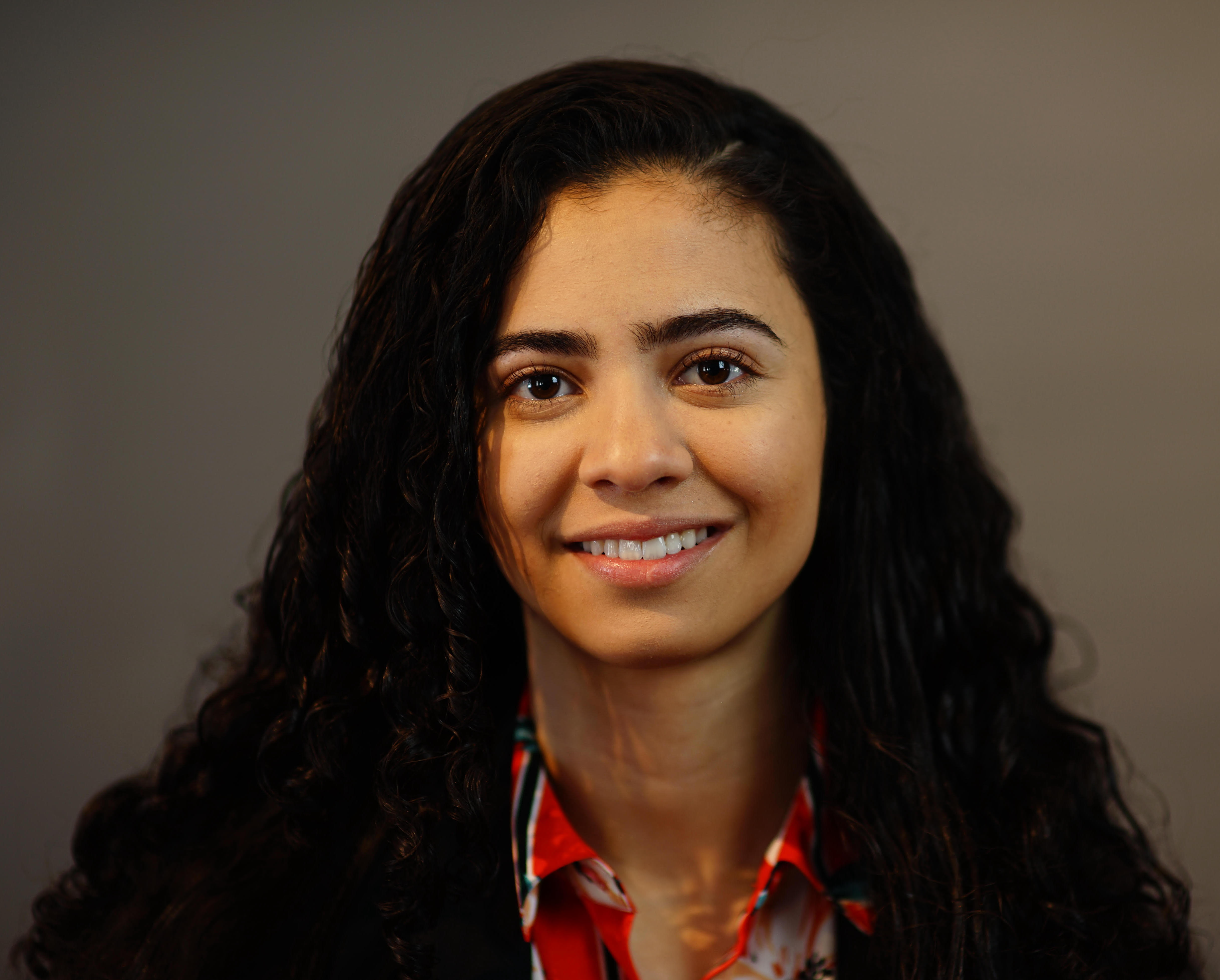Eve Glenn is on a mission to better understand addiction and to help create more effective treatments for alcohol and substance use disorders.
Glenn, a senior at Brown University, grew up between Stuttgart, Germany and the United States, witnessing many of her friends fall into substance use addictions. She said she became accustomed to the sight of her peers walking to the village park in Stuttgart with a cigarette hanging from their lips and bottles of alcohol in their hands.
“The melting pot of culture and migration made it so that many of my closest friends were refugees seeking asylum from war-torn homes against mounting socioeconomic tension,” Glenn said. “I heard my close friends’ stories and witnessed their challenges with drugs. This led me to realize how something as debilitating as addiction could so easily take hold.”
As she moved from Germany to Florida, she said it felt as though the shadow of addiction followed her.
“The people, culture, reasons and substances of choice were always different, but the crippling effects of this disorder remained the same,” Glenn said. “My empathy for these individuals inspired an exploration of this widespread and personalized disorder.”
Glenn’s global background inspired her to pursue a neuroscience degree at Brown with a focus on neurobiological mechanisms of addiction and disease. Using the fruit fly as a model organism, Glenn is conducting independent research on self-administration and alcohol use disorders in the laboratory of Karla Kaun, an associate professor of neuroscience.
With its compact genome, tiny brain and a toolbox of sophisticated neurogenetic tools, the fruit fly is a powerful model organism to understand the neural substrate of behavior and investigate the neural substrates of drug reward at the molecular and cellular levels. Similar to the human mesolimbic pathway that plays a role in reward processing, the mushroom body of the fruit fly’s brain is implicated in responding to desirable and undesirable stimuli.
Glenn’s work capitalizes on individual preference by allowing fruit flies to choose whether or not to self-administer ethanol, which is the main alcohol in beverages. In collaboration with researchers in the Kaun Lab, Glenn has identified a simple two-neuron circuit in the fruit fly’s mushroom body that contributes to increasing ethanol self-administration. By inactivating the two neurons, Glenn found short- and long-term changes in the fruit fly’s odor preference associated with alcohol intoxication.
“This is exciting as we now have an anatomical framework to investigate the structural and molecular changes associated with escalation of ethanol consumption,” Glenn said.
As a next step, Glenn will look for differences in neuronal structure between fruit flies that escalate and de-escalate their ethanol consumption. She is using trans-Tango, a transsynaptic tool developed by Brown Professor Gilad Barnea and his team, to visualize the postsynaptic targets of the cholinergic neuron.
By visualizing how the two-neuron circuit structurally changes in the presence of ethanol, researchers may be able to understand how this circuit might contribute to the escalation of ethanol self-administration, Glenn said.
“My preliminary work identifying the simple cholinergic and dopaminergic circuit with postdoctoral researcher John Hernandez may be the key to understanding what contributes to escalation of ethanol self-administration in fruit flies,” Glenn said. “By improving our understanding of how dopamine functions alter reward pathways, we can create more effective alcohol and substance use disorder treatments.”
According to Glenn, understanding dysregulation in reward circuitry may also alleviate symptoms of dopamine-induced impulse control disorders in patients with Parkinson’s disease and other related conditions.
Glenn said she will use the independent research she is conducting in the Kaun Lab as the basis for her honors thesis. Following graduation, she said she hopes to pursue a medical degree and future residency in neurosurgery.
